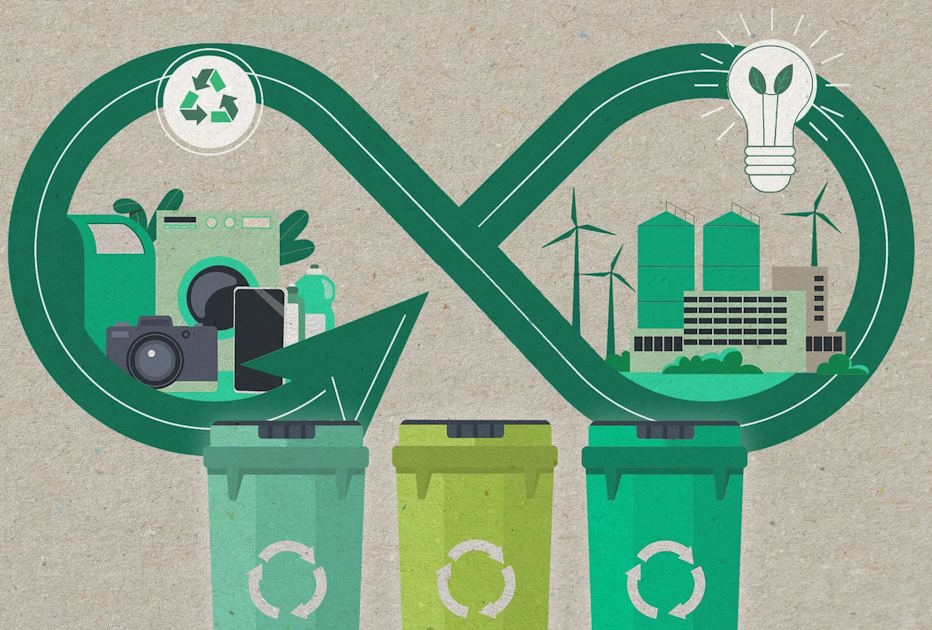Recycling is more than just an environmentally responsible activity; it also makes sound economic sense. In recent years, the economics of recycling have gained increasing attention as individuals, businesses, and governments recognize the financial benefits of diverting waste from landfills and reusing valuable materials. This article explores the economic aspects of recycling and why it is wise to the financial advantages of recycling.
Cost Savings for Municipalities:
One of the primary economic benefits of recycling is exploring the economic incentives of recycling programs to municipalities. When recyclable materials are diverted from the waste stream, the expenses associated with landfill disposal decrease significantly. Landfills require constant maintenance, monitoring, and often costly environmental remediation. Local governments can allocate resources to other essential services and infrastructure projects by reducing the amount of waste that ends up in landfills.

Revenue Generation:
Recycling can also generate revenue for municipalities and businesses alike. When recyclable materials are collected, processed, and sold as commodities, they have a market value. Materials like paper, cardboard, plastics, and metals can be sold to manufacturers for reuse. Revenue generated from the sale of recyclables can offset the costs of recycling programs and even contribute to a surplus for local governments or companies.
Reduced Energy Consumption:
Recycling typically consumes less energy than producing goods from raw materials. For example, manufacturing aluminum from recycled aluminum scrap uses significantly less energy than extracting aluminum from bauxite ore. These energy savings translate into lower production costs, which lead to reduced prices for consumers and increased competitiveness for businesses.
Environmental Savings:
While not directly tied to immediate financial gains, the long-term environmental benefits of recycling boosts economic sustainability. For instance, reducing greenhouse gas emissions through recycling and reusing materials can help mitigate the effects of climate change, which, in turn, can lead to substantial economic savings in terms of disaster recovery, healthcare costs, and infrastructure repairs.

Corporate Sustainability:
Businesses that embrace recycling and sustainability enjoy enhanced brand reputation and customer loyalty. Many consumers today prefer to support companies that demonstrate a commitment to environmental responsibility. By adopting eco-friendly practices, businesses can attract environmentally-conscious customers and investors, leading to increased sales and financial stability.
Regulatory Compliance:
Many regions have implemented regulations and incentives to promote recycling and reduce waste disposal. Compliance with these regulations can be financially beneficial, as non-compliance can result in fines and legal expenses. By actively participating in recycling programs and meeting environmental standards, businesses can avoid costly penalties and reputational damage.

